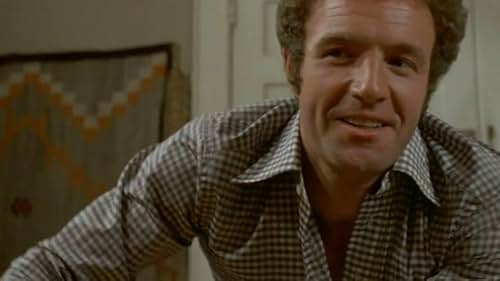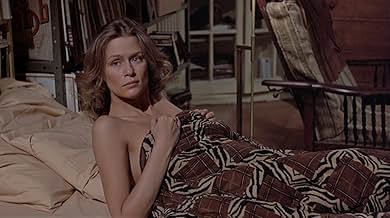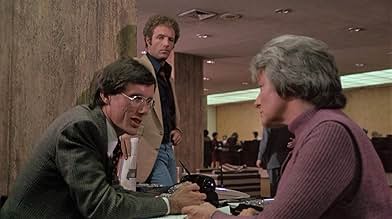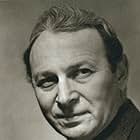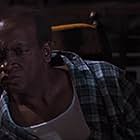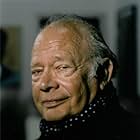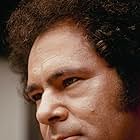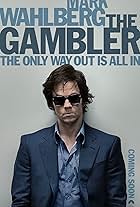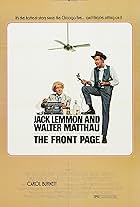Sometimes he wins; but mostly he loses. Gambling is an addiction for Axel Freed (James Caan), a professor of English literature and lover of classical music. The film is set in New York City.
The object of the obsession can be almost anything on which a bet is placed: dice, cards, a basketball game, a college football match. It really doesn't matter. Axel just can't keep from making bets. He's like two different people. In a classroom setting, he is logical and intelligent. But when betting, he throws away the logic in favor of risk taking. In these situations he seems to lack the normal psychological "brakes" that could be applied to his destructive over-betting. In his own words: "I like the threat of losing". And always in the background are the thugs and the con men that lord over Axel, when he borrows to gamble, but can't pay his debt.
Some of Axel's classroom lectures have real thematic value. The ideas relate both to him, and incidentally to some modern-day politicians. For example, a person "... claims an idea is true because he wants it to be true, because he says it's true. And the issue isn't whether he's right, but whether he has the will to believe he's right, no matter how many proofs there are that say he's wrong". Axel continues: "D.H. Lawrence says Americans fear new experience more than they fear anything. They are the world's greatest dodgers, because they dodge their own very selves". Heavy stuff.
Despite a disappointing ending, "The Gambler" is an interesting character study of a personality type that is all too prevalent in modern society. The film's color cinematography is generally dark, in keeping with the film's theme. Overall acting is fine. Paul Sorvino gives an especially convincing performance, as does James Caan. The plot proceeds rather slowly.
Mostly, the film has terrific thematic value. It encourages the viewer to pause and reflect, to ponder, to question one's own motivations. That is a trait lacking in many current movies.

